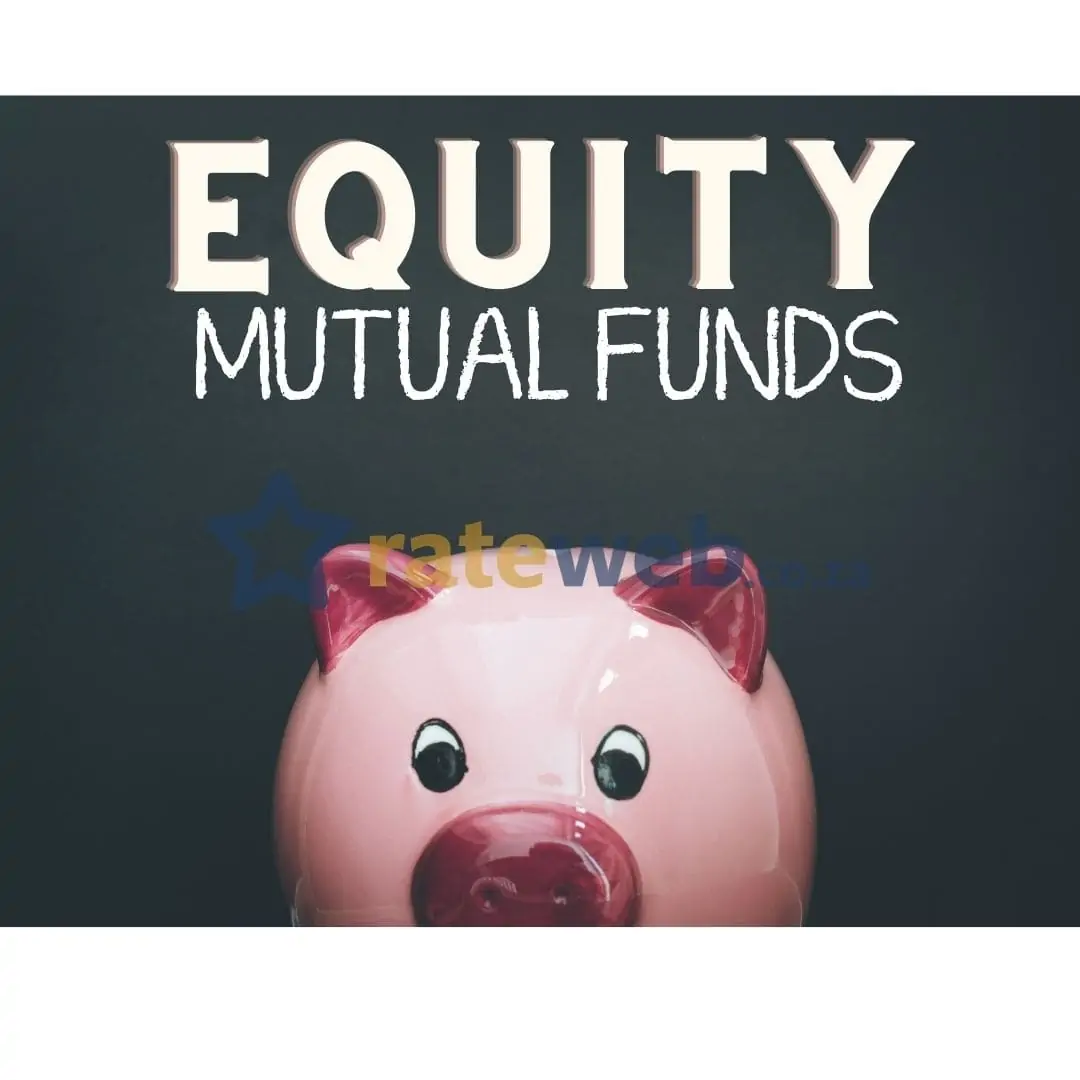
One of the greatest benefits of a globalised society is that investment opportunities are not restricted to first-world nations. Thousands of mutual funds are currently offered to South African investors. From funds that invest in remote regions to commodity-focused funds and everything in between, if you can imagine an investment strategy, a mutual fund is probably already employing it.
All of these options can be daunting, making it tough to pick a mutual fund that suits your requirements. In this post, we will analyse common equity mutual fund styles to help narrow down the universe of mutual funds. We will discuss the dangers, potential returns, and how to locate a fund that may be suitable for you.
Mutual funds that invest in stocks. Since there are numerous sorts of equities, there are also numerous varieties of equity mutual funds. Commonly, different types of equities are categorized by market capitalization, which is the dollar value of a corporation. There are three major market capitalization categories for stocks: small, medium, and large.
These are known as small-cap, mid-cap, and large-cap companies. The market capitalisation of small-cap stocks is less than R10 billion. Small-cap stock-focused mutual funds often offer the largest risk and return potential. The market capitalization of mid-cap stocks ranges between R10 billion and R50 billion. The risk and return potential of mid-cap funds is often slightly lower than that of small-cap funds.
The market capitalisation of large-cap stocks exceeds R50 billion. The risk and return potential of small-cap funds is often marginally lower than that of mid-cap funds. Mutual funds invested in equities may concentrate on a single market capitalization or may overlap over all three. In addition to market capitalization, equities are categorised by growth or value.
Growth stocks are typically newer companies with a greater potential for risk and return than value stocks. In contrast, value equities are often older, more financially solid, and dividend-paying corporations. Mutual funds focusing on growth stocks have a greater potential for risk and return than mutual funds focusing on value equities.
Some mutual funds invest in both value and growth stocks. Blended mutual funds may fall between growth and value mutual funds in terms of risk and return potential. The sorts of companies held by mutual funds can provide investors with a clearer sense of their risk and return potential. Small-cap growth funds have the biggest potential for risk and reward. Mid-cap blend funds are positioned in the middle of the risk and return spectrum. And large-cap value funds have the lowest potential risk and reward.
Now that you’re familiar with the common styles of equity mutual funds and their risk and return profiles, let’s examine how to locate a fund that may be suitable for your needs. Your risk tolerance and time horizon should inform your selection of a suitable investment. Small-cap growth or blend funds, as well as mid-cap growth funds, offer the maximum potential risk and return for investors with a high risk tolerance and a longer investment horizon.
In contrast, investors with a low risk tolerance and shorter time horizons should consider large-cap value or growth funds as well as mid-cap value funds. Some investors may fall somewhere in the middle, in which case a mid-cap blend fund may be suitable. It may be prudent for investors to avoid selecting funds that own identical stocks.
Small-cap value and small-cap blend funds, for instance, likely hold some of the same stocks. Investing in funds that contain identical stocks may be riskier. Instead, investors could explore mutual funds with diverse stock holdings. For instance, large-cap value and small-cap growth funds are unlikely to share holdings. This sort of investment promotes diversification and decreases risk.
Don’t let the universe of mutual funds overwhelm you. Now that you understand the common equity fund styles, along with their risk and return potential, finding the right fund for you could be easier than you think.
This website uses cookies.